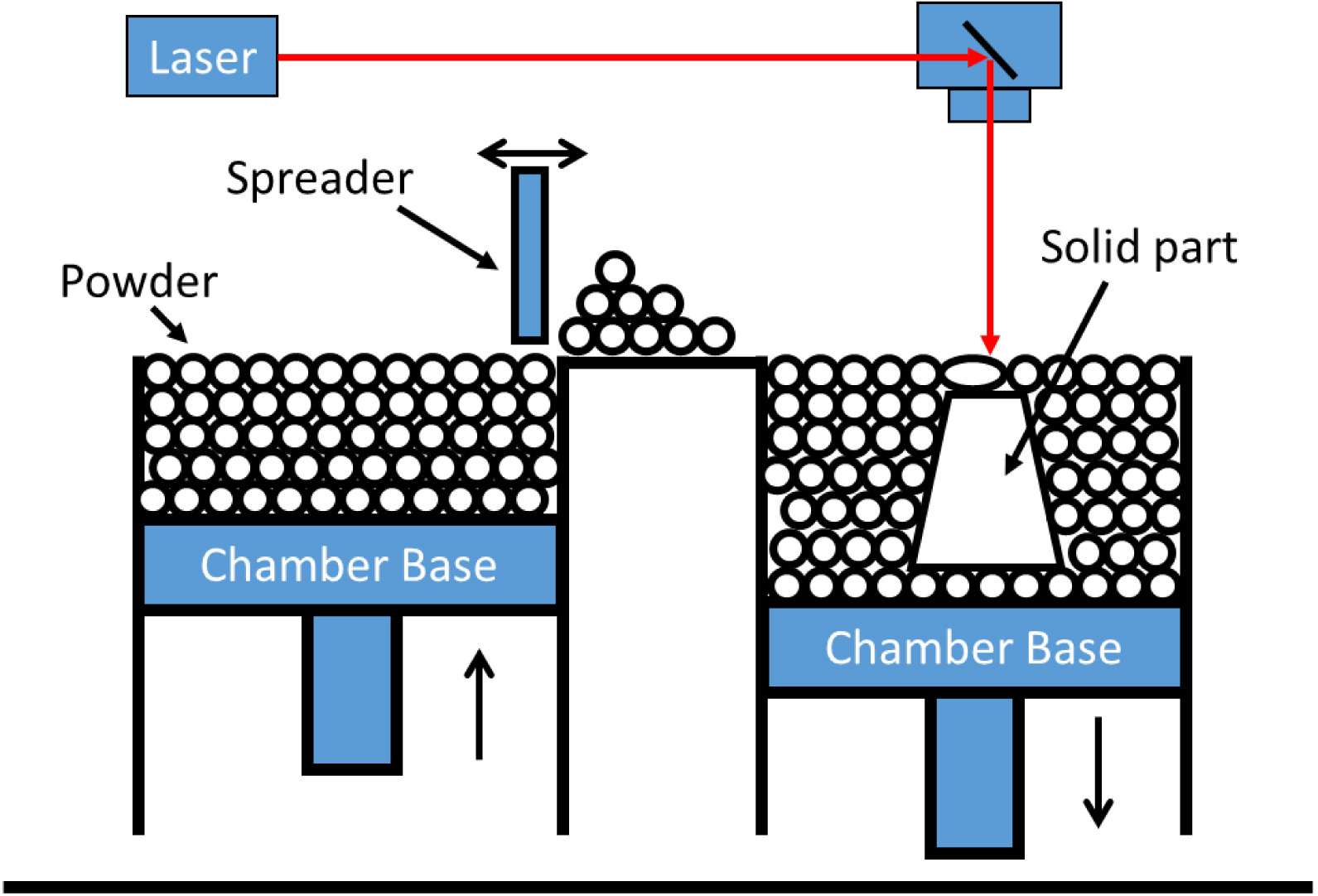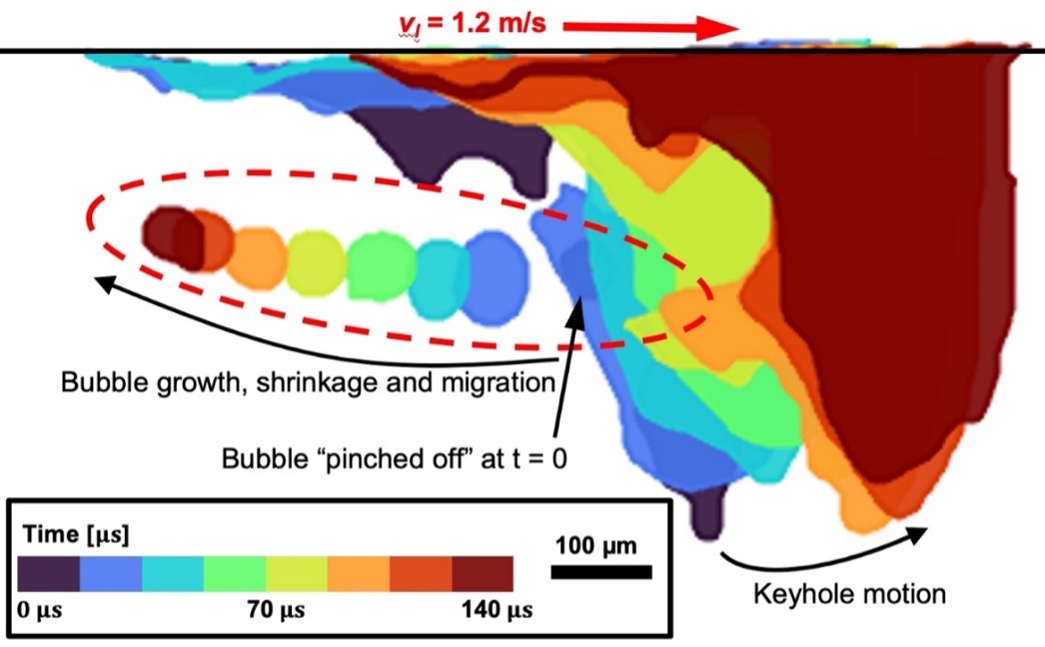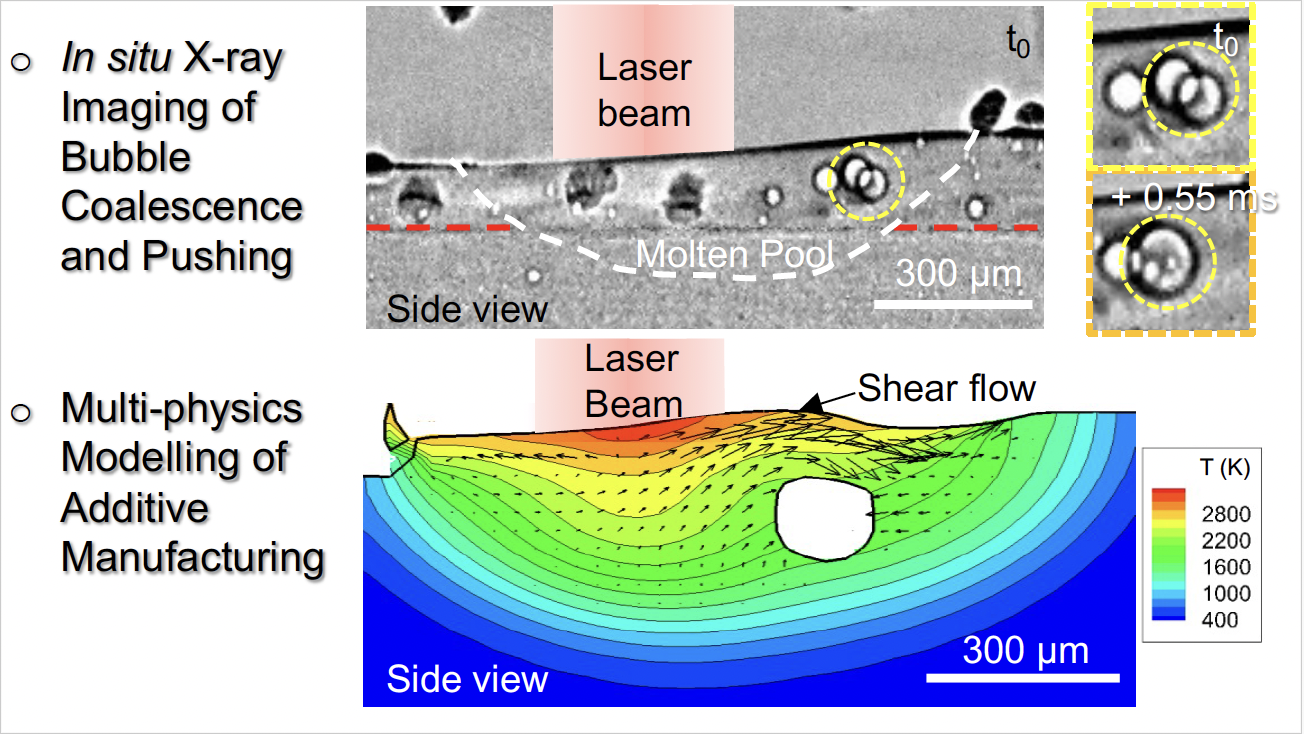All Publications /
Publications:
Degradation of Laser Sintered polyamide 12 parts due to accelerated exposure to ultraviolet radiation.
05 / 05 / 22
Paper: Degradation of Laser Sintered polyamide 12 parts due to accelerated exposure to ultraviolet radiation.
Authors: Shackleford, A.S.D., Williams, R.J., Brown, R., Wingham, J.R., Majewski, C.
Publication: Additive Manufacturing
This paper investigates the effects of exposure to ultraviolet radiation on Laser Sintered polyamide 12 parts and suggests further avenues of study that could mitigate those effects.
Laser Sintering is an additive manufacturing technology capable of producing robust, geometrically complex polymer parts, with polyamide 12, also known as nylon-12, the most common and well-understood feedstock powder. Laser Sintered polyamide 12 parts exhibit tensile strength comparable to injection moulding.

For applications where parts spend much of their time outdoors, for example, vehicles, the effect of exposure to natural UV light is an obvious concern.
To assess their suitability for long-term outdoor applications, Laser-sintered polyamide 12 parts were subjected to up to two months of constant UVB radiation.
In the study tests on manufactured test coupons, that were subjected to UV radiation for varying periods of time, included Colorimetry and UV/vis reflectance spectroscopy, X-ray Photoelectron Spectroscopy (XPS), tensile testing, and Mono-energetic Positron Spectroscopy (MePS).
Overall, it was concluded that UV exposure causes significant deterioration of Laser-sintered polyamide 12 parts and this should be mitigated prior to use in long-term outdoor applications in which they would be required to remain aesthetically pleasing and/or structurally robust.
There are several possible avenues for future research into this area including ways to mitigate the effect of UV irradiation on the polyamide 12 parts. For example the addition of UV-blockers, such as TiO2, or antioxidants to the polymer or powder before manufacture or a protective coating to be applied to the parts during post-processing.
Click here to view the paper.
More:
Publications
-

-
X1 Case Study B (UCL)
Impact of powder oxidation during additive manufacturing
Investigators: Prof Peter Lee
Researchers: Prof Chu...

